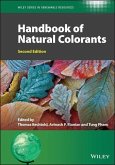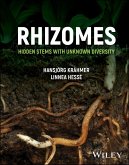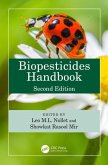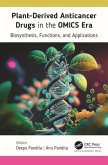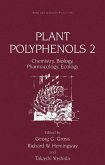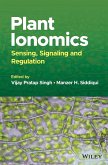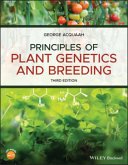A CHOICE Recommended title 2025
This textbook provides a comprehensive overview of the principles, methods and applications of chemical ecology, covering such topics as chemical signalling, predator-prey interactions, host plant selection and chemical defence. The book takes the reader through the historical development of the discipline to current state-of-the-art research, delving into recent findings on the role of chemical ecology in conservation and management and exploring how the field may contribute to future innovations in ecological science. A chapter is dedicated to the techniques that have been used in chemical ecology and some success stories.
Chemical Ecology: Insect-Plant Interactions is an important resource for advanced undergraduates and postgraduate researchers as well as practitioners in this interdisciplinary field. The book's layout aligns with the curriculum of chemical-ecology-related disciplines, progressing from basic fundamental principles to a more advanced level. Those studying and researching in ecology, entomology, plant biology and biochemistry will find it invaluable as well as those practising in areas such as agriculture, forestry and pest management.
This textbook provides a comprehensive overview of the principles, methods and applications of chemical ecology, covering such topics as chemical signalling, predator-prey interactions, host plant selection and chemical defence. The book takes the reader through the historical development of the discipline to current state-of-the-art research, delving into recent findings on the role of chemical ecology in conservation and management and exploring how the field may contribute to future innovations in ecological science. A chapter is dedicated to the techniques that have been used in chemical ecology and some success stories.
Chemical Ecology: Insect-Plant Interactions is an important resource for advanced undergraduates and postgraduate researchers as well as practitioners in this interdisciplinary field. The book's layout aligns with the curriculum of chemical-ecology-related disciplines, progressing from basic fundamental principles to a more advanced level. Those studying and researching in ecology, entomology, plant biology and biochemistry will find it invaluable as well as those practising in areas such as agriculture, forestry and pest management.
"Chemical Ecology, a textbook by Jamin Ali and Ri Zhao Chen (Jilin Agricultural Univ., China), examines fundamental ideas, concepts, methods, and uses of chemical ecology. The book first introduces the reader to the field's development and ecological significance before going over key ecological ideas like semiochemicals, chemoreception, plant-insect dynamics, plant defenses against herbivores, herbivores' host plant selection, and chemical defense mechanisms. After tracing the field's historical development to the present, this dissertation concludes with a chapter on the applicability of chemical ecology in agriculture, and another that presents and explains several methods of this interdisciplinary field and its success stories. A thorough and current list of references is included with each chapter. This title is structured so that it begins with fundamental concepts and then gradually advances to increasingly difficult ideas. Advanced undergraduates, graduate students, and professionals working in any area related to chemical ecology will find this well-researched work a very valuable resource. Ecologists, biologists, plant biologists, entomologists, and anyone involved in forestry, agriculture, or pest management should have this volume in their library as a required and useful reference."
-- J. M. Gonzalez, Austin Achieve Public Schools
-- J. M. Gonzalez, Austin Achieve Public Schools


